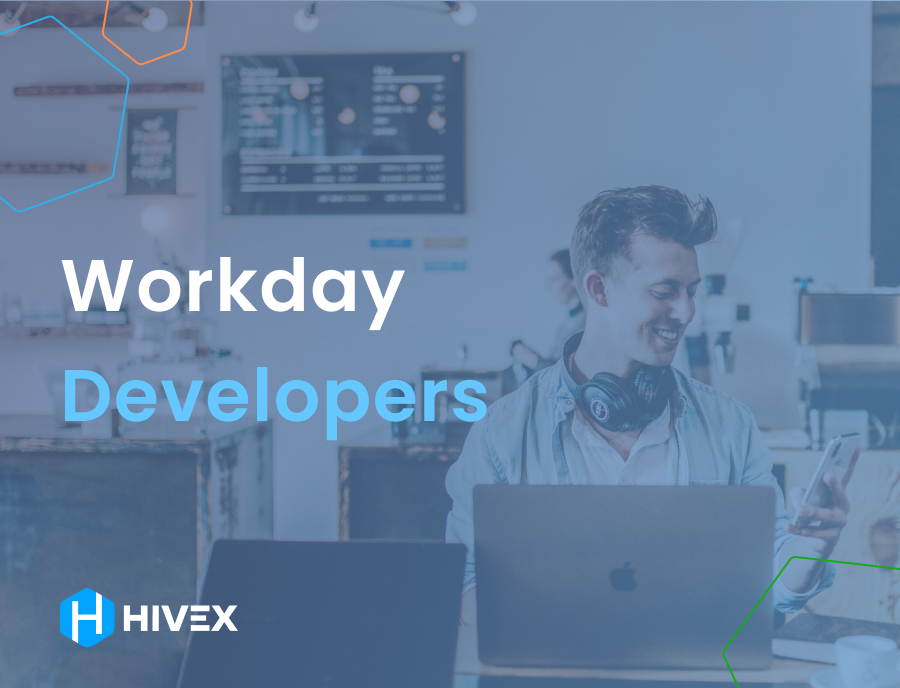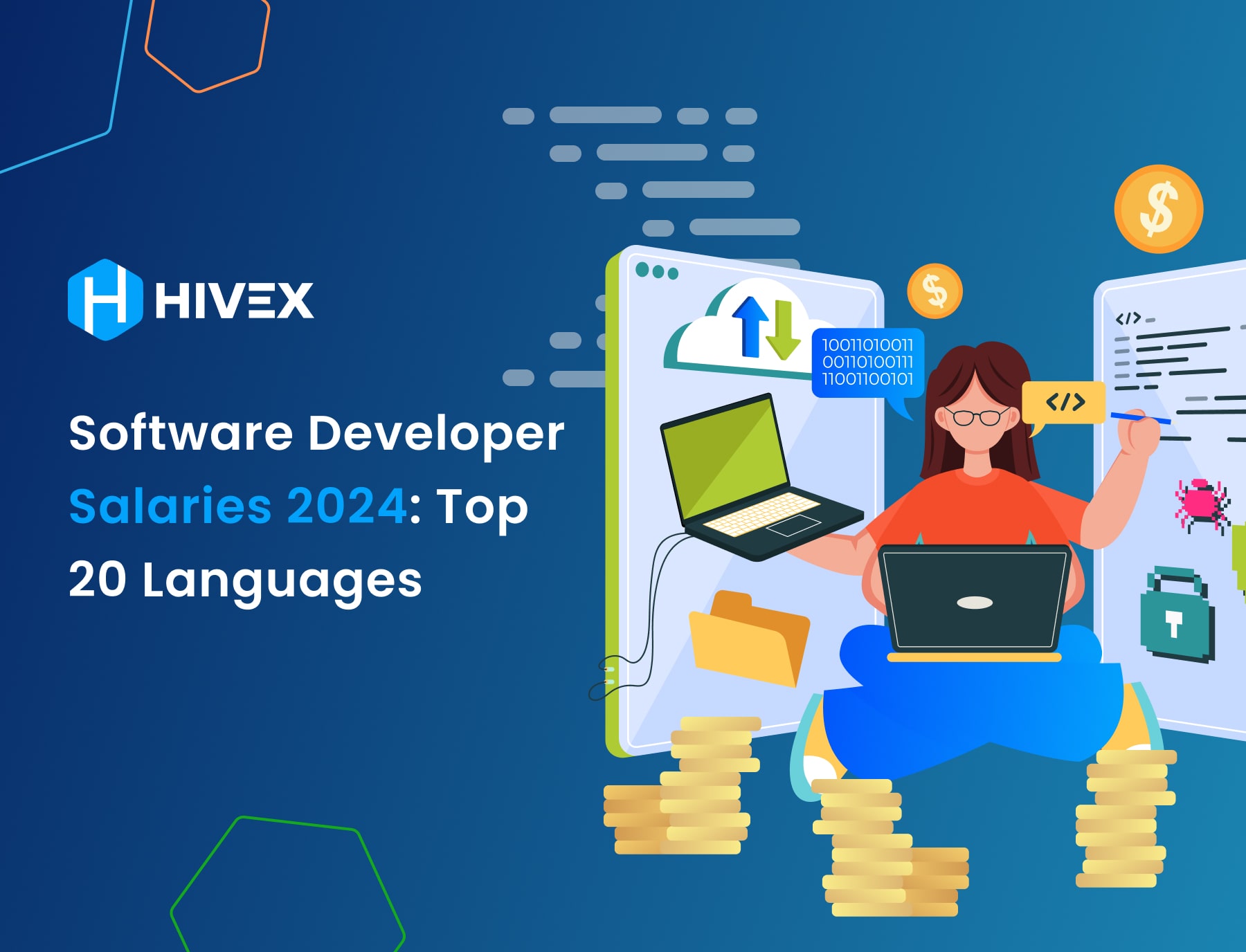Solidity Developers: Job Description and Hiring Process
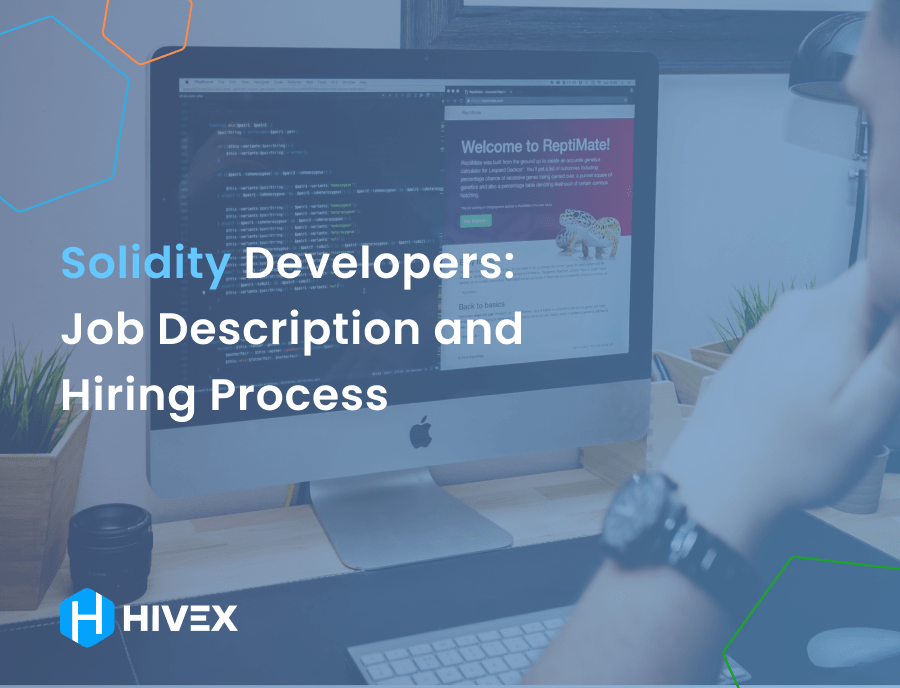
In recent years, the blockchain industry has gained tremendous popularity, and with it, the demand for skilled professionals with expertise in the field. One such role that has emerged is that of a Solidity engineer. In this article, we will explore the job description of Solidity developers and the hiring process involved in finding the right candidate for this crucial position.
Introduction to Solidity Programming
Solidity is a programming language specifically designed for writing smart contracts on the Ethereum blockchain. Smart contracts are self-executing agreements that automatically enforce the terms and conditions specified within them. They are revolutionizing various industries by enabling trustless transactions and eliminating the need for intermediaries.
When it comes to developing smart contracts, Solidity is the go-to language for Ethereum developers. It offers a high-level syntax that is easy to understand and write, making it accessible to both experienced programmers and newcomers to the blockchain space.
Compatibility with Ethereum Virtual Machine
One of the key advantages of Solidity is its compatibility with the Ethereum Virtual Machine (EVM). The EVM is a runtime environment that executes smart contracts on the Ethereum network. By creating smart contracts in Solidity, developers can leverage the full power of the EVM and benefit from its extensive functionality.
However, mastering Solidity requires more than just understanding the language syntax. To effectively create secure, reliable, and efficient smart contracts, developers need a strong understanding of blockchain concepts, decentralized applications (dApps), and the Ethereum ecosystem as a whole.
Blockchain Technology and dApps in Solidity
Blockchain technology, the underlying technology behind Ethereum, is a distributed ledger that records and verifies transactions across multiple computers. It provides transparency, immutability, and security, making it an ideal platform for executing smart contracts. Understanding blockchain fundamentals is crucial for Solidity developers to ensure smart contracts’ integrity and trustworthiness.
Decentralized applications, or dApps, are applications that run on a blockchain network rather than a centralized server. They are designed to be transparent, secure, and censorship-resistant. Solidity developers should familiarize themselves with the principles and architecture of dApps to build robust and user-friendly smart contracts.
The Evolving Ethereum Ecosystem
The Ethereum ecosystem is a vibrant and rapidly evolving community of developers, entrepreneurs, and enthusiasts. It offers a wide range of tools, libraries, and frameworks that simplify the development process. Solidity engineers should stay up-to-date with the latest developments in the Ethereum ecosystem to leverage new features and best practices.
Overall, Solidity is a powerful programming language that enables developers to write smart contracts on the Ethereum blockchain. By mastering Solidity and gaining a deep understanding of blockchain concepts, dApps, and the Ethereum ecosystem, developers can create secure and efficient smart contracts that have the potential to revolutionize industries.
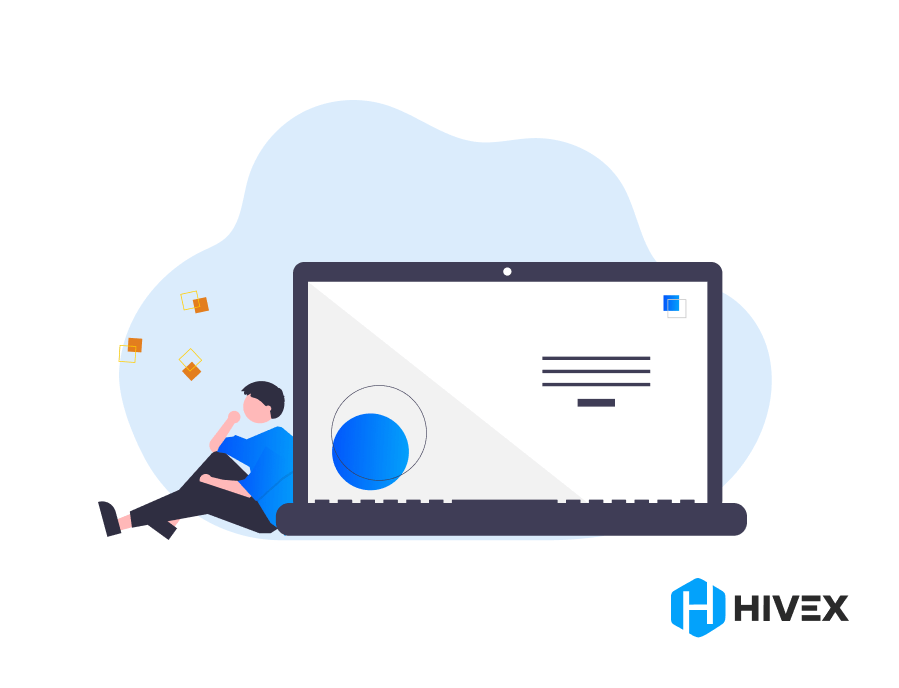
Who is a Solidity Developer?
A Solidity developer is a professional who specializes in writing smart contracts using the Solidity programming language. They are responsible for creating secure and efficient smart contracts that function seamlessly on the Ethereum blockchain.
Solidity developers should have a solid foundation in programming and be able to apply their knowledge to write clean and maintainable code. They need to have a strong attention to detail and a problem-solving mindset, as creating flawless smart contracts is crucial to ensure the security and integrity of the blockchain.
They understand blockchain technology and how it works. This includes the knowledge of decentralization, security, and how data can’t be changed once it’s on the blockchain.
Solidity experts also understand the business they’re working in. Their job is to turn real-world needs into smart contract code, making sure it does what the business wants. Often they work with legal experts and project managers.
Understanding Smart Contracts and Their Role in Blockchain Technology
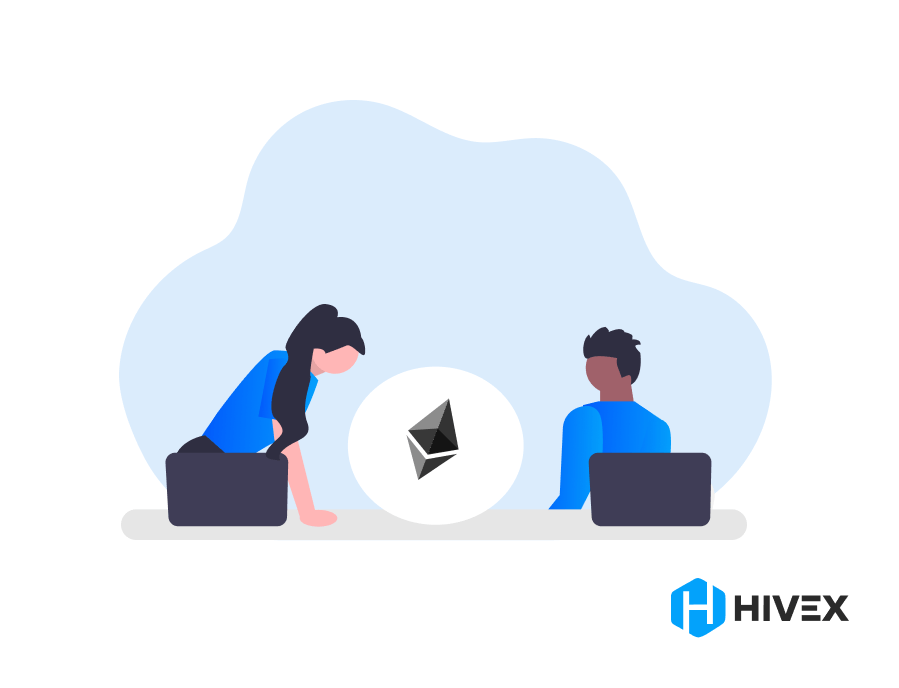
Before diving deeper into the responsibilities of a Solidity developer, it is essential to understand the role of smart contracts in blockchain technology. Smart contracts serve as the backbone of decentralized applications and enable the execution of transparent and immutable transactions.
These self-executing agreements automate complex processes without the need for intermediaries, making transactions more secure and efficient. Smart contracts facilitate peer-to-peer transactions, like sending funds or exchanging assets, and they ensure that the agreed-upon terms are met before the transaction is executed.
Smart contracts are built using programming languages specifically designed for blockchain development, such as Solidity. It is a high-level language that allows developers to write smart contracts for various blockchain platforms, including Ethereum.
When a smart contract is deployed on a blockchain network, it becomes a permanent part of the blockchain’s history. This immutability ensures that the terms and conditions of the contract cannot be altered or tampered with, providing a high level of trust and transparency.
Smart Contract: Advantages
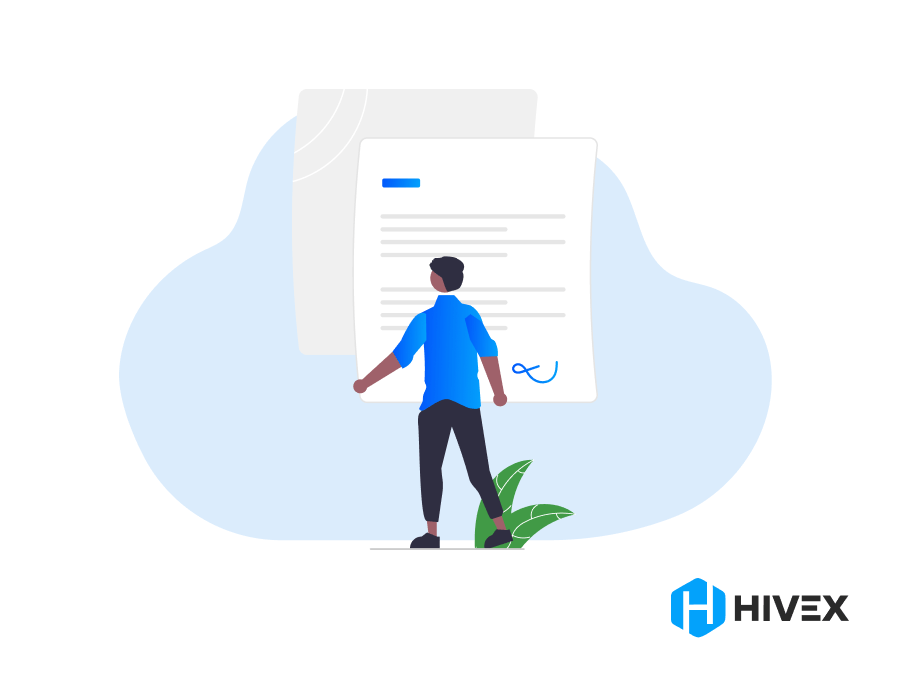
One of the key advantages of smart contracts is their ability to eliminate the need for intermediaries in transactions.
Traditionally, when conducting business, there is often a need for third parties such as banks, lawyers, or brokers to oversee and validate transactions. They not only add costs but also introduce delays and potential points of failure. With smart contracts, the need for them is eliminated, reducing costs and increasing efficiency.
Smart contracts can be applied to a wide range of use cases within the blockchain industry.
For example, in the finance sector, smart contracts can be used to automate processes such as loan agreements, insurance claims, or cross-border payments.
In supply chain management, smart contracts can track the movement of goods, verify authenticity, and ensure compliance with regulations.
As the demand for blockchain technology continues to grow, so does the need for top Solidity developers who can design and deploy smart contracts. They play a crucial role in the development of decentralized applications, ensuring the security, efficiency, and functionality of smart contracts.
These contracts are a foundational component of blockchain technology, enabling secure and automated transactions without the need for a third party. As a Solidity developer, having a comprehensive understanding of smart contracts and their various applications is essential for success in the blockchain industry.
Responsibilities and Requirements of a Solidity Developer
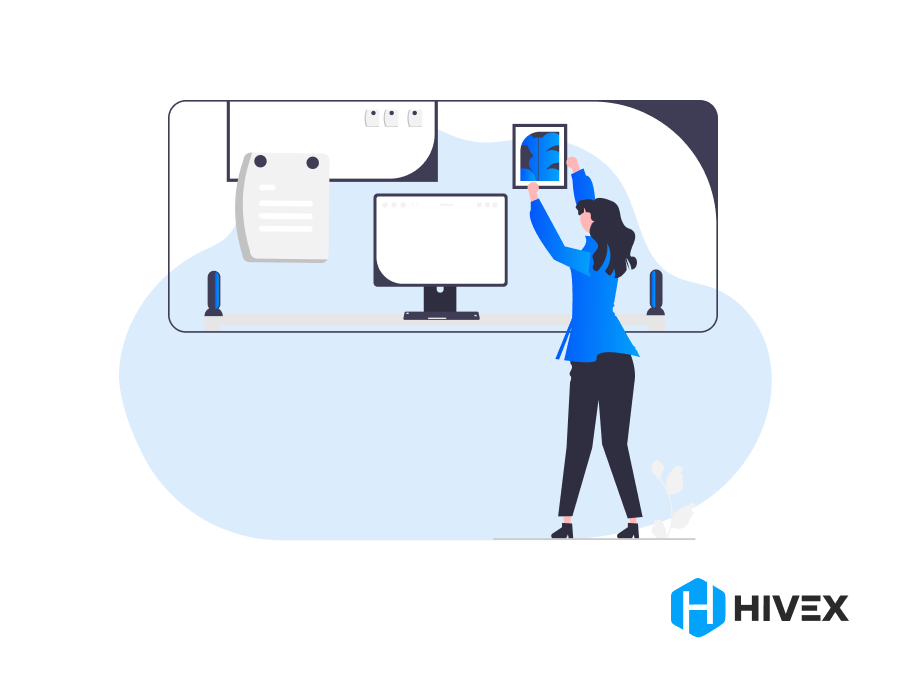
The responsibilities of a Solidity developer extend beyond simply writing smart contracts.
Here are some key areas where they are crucial:
- Designing and implementing smart contracts: Solidity engineers are responsible for designing smart contracts that meet the specific requirements of a decentralized application. They need to ensure the code is secure, efficient, and well-structured.
- Testing and debugging: Solidity developers need to thoroughly test their smart contracts and identify any potential bugs or vulnerabilities. Testing plays a crucial role in preventing security breaches and ensuring blockchain stability.
- Optimizing performance: Solidity developers strive to optimize smart contracts’ performance. This involves identifying areas of improvement and implementing efficient coding techniques to enhance the speed and scalability of contracts.
- Collaboration with other team members: They often work alongside other professionals, such as blockchain architects and front-end developers, to build comprehensive decentralized applications. Collaboration and effective communication are essential for successful project completion.
- Compliance and security: Skilled developers ensure that smart contracts comply with relevant regulations and standards. They need to stay updated with the latest practices and implement them in their code.
- Monitoring and maintenance: Once contracts are deployed, Solidity developers are responsible for monitoring their performance and addressing any issues that may arise. They need to be proactive in maintaining contracts and updating them.
- Research and innovation: Solidity developers should stay updated with the latest advancements in blockchain technology and explore innovative solutions to enhance the functionality and efficiency of contracts.
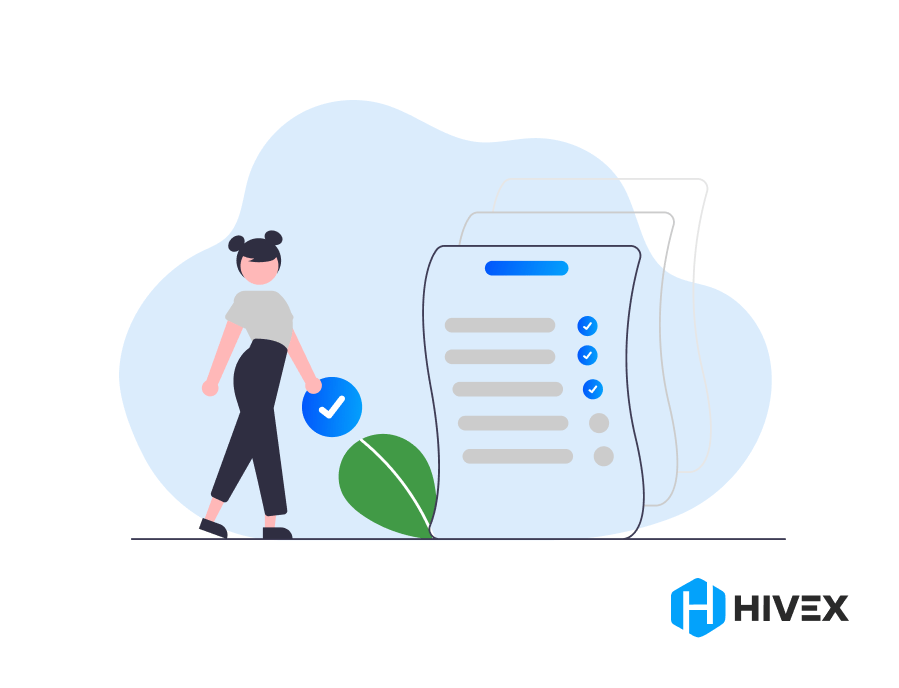
Requirements of a Solidity Developer
To become a Solidity developer, certain requirements must be met:
- Proficiency in the Solidity programming language
- Strong knowledge of blockchain concepts and smart contract development
- Experience with Ethereum or other blockchain platforms
- Awareness of security best practices in smart contract creation
- A solid understanding of data structures and algorithms
- Familiarity with development tools and frameworks
- Excellent problem-solving and analytical skills
- Continuous learning and adaptability to keep up with the evolving blockchain landscape
- Effective communication and collaboration skills to work in a team environment
- Attention to detail and a strong focus on code quality
Becoming a Solidity developer requires a combination of technical skills, domain knowledge, and a passion for blockchain technology. It is a challenging yet rewarding role that offers opportunities to contribute to decentralized applications’ growth and innovation.
Read also: Decentralized Finance Developers: Who They Are And What They Do
Writing a Comprehensive Solidity Developer Job Description
To hire Solidity developers, firstly it is vital to have a well-defined job description that accurately captures the skills and qualifications required.
Here is a comprehensive job description that can serve as a starting point:
Job Title: Solidity Developer
Job Location: [Specify location]
Type: [Full-Time/Part-Time/Contract]
About the Role: As a Solidity Developer, you will be responsible for designing, implementing, and testing smart contracts on the Ethereum blockchain. You’ll be involved in groundbreaking projects involving yield farming, liquidity pools, and NFT marketplaces, using your expertise to push the boundaries of blockchain technology.
Key Responsibilities:
- Design and develop smart contracts for yield farming protocols and liquidity pool management on the Ethereum blockchain.
- Create and maintain decentralized applications (DApps) for NFT marketplaces, integrating with React Native for mobile-friendly interfaces.
- Use Remix IDE for efficient smart contract creation and deployment.
- Collaborate with front-end developers proficient in JavaScript to build seamless web interfaces for our blockchain applications.
- Optimize smart contract performance and scalability.
- Test, debug, and ensure the safety and stability of smart contracts.
- Keep abreast of the latest trends and best practices in blockchain and smart contract development.
Qualifications:
- Strong proficiency in Solidity and a deep understanding of Ethereum’s architecture.
- Experience with DApp development, including yield farming and liquidity pools.
- Familiarity with NFT marketplace creation and management.
- Proficient in using development tools like the Remix IDE.
- Skilled in JavaScript and React Native for web and mobile application development.
- In-depth knowledge of blockchain principles and decentralized systems.
- Proven experience in smart contract creation and deployment.
- Strong understanding of security protocols in blockchain development.
- Excellent problem-solving, analytical, and teamwork skills.
Education & Experience:
- A Bachelor’s degree in Computer Science, Engineering, or a related field.
- Demonstrable extensive experience in blockchain development, particularly in Ethereum-based projects.
What We Offer:
- [Details about salary, benefits, work culture, career growth opportunities]
How to Apply: Send your resume and a cover letter explaining why you’re a great fit for this role to [email address/contact details].
Deadline for Application: [Specify deadline].
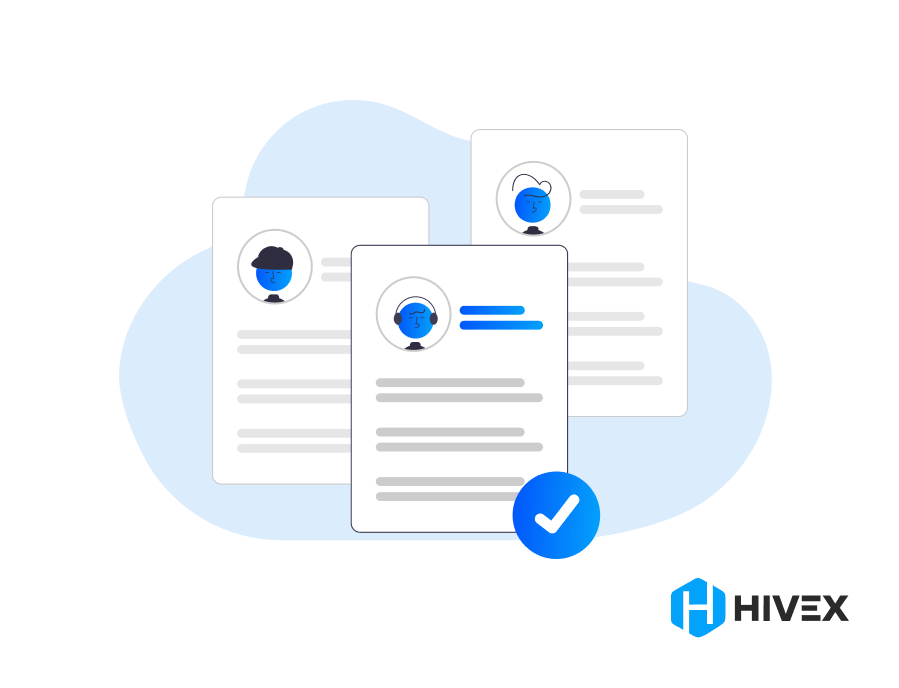
The Hiring Process for Solidity Developers
Hiring the right Solidity developer can be a daunting task for blockchain companies. It is important to have a well-defined hiring process to streamline it.
Here are the key steps involved:
- Identify job requirements: Clearly define the skills and qualifications needed for the position. This will help filter out candidates who do not meet the criteria.
- Post the job: Advertise the job opening on relevant job portals or platforms frequented by blockchain professionals. Utilize social media and professional networks to expand your reach.
- Review resumes and portfolios: Screen through resumes and portfolios and shortlist candidates with the required competencies and experience.
- Conduct technical interviews: Test candidates’ knowledge and understanding of Solidity, development of smart contracts, and blockchain concepts through technical interviews.
- Assess coding skills: Evaluate candidates’ coding skills by assigning them practical tasks or exercises related to smart contract creation.
- Conduct cultural fit interviews: Determine whether the candidate is a good fit for the company culture and can work effectively within a team.
- Make an offer: Once the right candidate is identified, extend a job offer that includes compensation, benefits, and other relevant details.
- Onboard the new hire: Provide necessary training and resources to ensure a smooth transition for the new Solidity engineer.
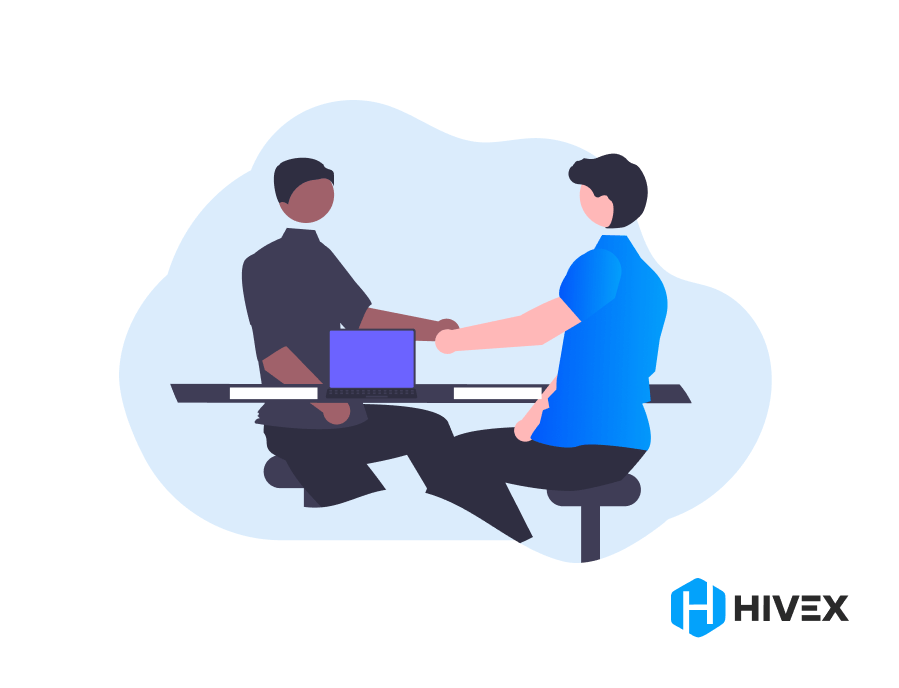
15 Interview Questions for Hiring Solidity Developers
Interviewing prospective Solidity developers requires a well-prepared set of questions that assess their knowledge and practical skills.
Here are a few examples:
- What does a Solidity contract consist of?
- What is a decentralized exchange?
- Explain what Ethereum networks are.
- What is the function of the Ethereum Virtual Machine?
- What is the difference between a public and private variable in a Solidity smart contract?
- Can you explain the concept of gas in the context of Ethereum?
- How to develop smart contracts? What are the key steps and considerations from concept to deployment?
- What are some security vulnerabilities commonly found in smart contracts, and how can they be mitigated?
- In the context of web applications, how do you adapt your approach to developing smart contracts to suit the specific needs of web platforms?
- Have you worked with Ethereum development frameworks? If so, which ones and what was your experience like?
- Can you describe one of the most challenging projects you have worked on involving Solidity? What specific aspects made it challenging and how did you address them?
- Have you ever developed smart contracts for a decentralized exchange? If so, what were the key considerations and challenges in ensuring security and efficiency?
- In mobile development, how do you ensure contracts are optimized for mobile platforms?
- How have you integrated Solidity smart contracts to enhance the services offered by a previous employer or client?
- When designing and implementing smart contracts, how do you ensure they are user-friendly, especially for users new to blockchain technology?
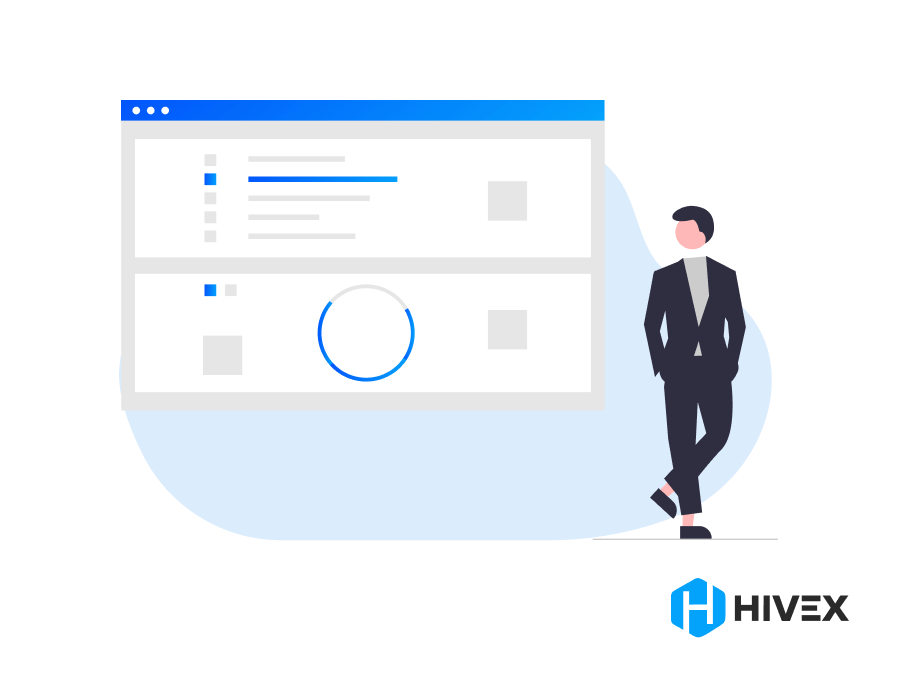
Where to Hire Solidity Developers
Finding skilled Solidity developers can be a challenge, but there are several avenues to search for qualified candidates:
- Outstaffing companies: Businesses specifically dedicated to finding and hiring top-notch remote talent according to your requirements and objectives.
- Blockchain-focused job portals: Websites specifically dedicated to blockchain job postings provide a platform to connect with Solidity developers actively seeking employment in the industry.
- Freelance platforms: A good option to hire freelance solidity developers on a project basis. These platforms allow companies to connect with developers from around the world and hire them based on their skills, professional experience, and ratings.
- Online communities and forums: Participating in online communities and forums focused on blockchain can help companies find Solidity freelancers looking for job opportunities.
- Networking events and conferences: Attending industry events and conferences provides an excellent opportunity to meet and connect with qualified developers in person.
With these resources, you will find the right Solidity developer faster.
Salary of Solidity Developers
Solidity engineers in the US earn the following average salaries by seniority, according to the latest data:
| Seniority level | Average annual salary ($) |
| Junior Solidity engineer | $50,000 |
| Middle Solidity engineer | $82,100 |
| Senior Solidity engineer | $100,000 |
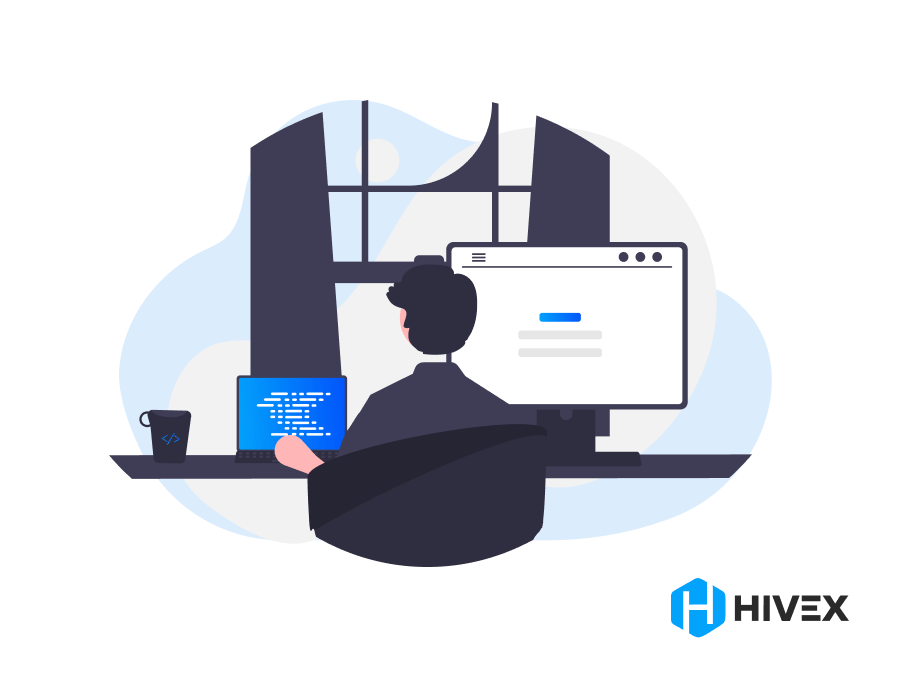
The Importance of Solidity Programmers in the Blockchain Industry
Solidity developers play a crucial role in the blockchain industry. The skills and expertise they bring to the table are indispensable for the successful implementation and adoption of blockchain technology.
With their ability to write secure and efficient smart contracts, Solidity developers contribute to blockchain integrity and reliability. Their work ensures that transactions executed on the blockchain are transparent, auditable, and tamper-proof.
As the blockchain industry grows, the demand for skilled Solidity developers will only increase. Organizations that recognize the importance of these professionals and invest in their hiring and development will have a competitive advantage in this rapidly evolving industry.
Conclusion
In the blockchain industry, the significance of Solidity developers cannot be overstated. Their specialized skills in crafting secure and efficient smart contracts form the backbone of successful decentralized applications on the Ethereum blockchain. They are not just coders – they are integral to aligning technical solutions with business goals.
The process of hiring a Solidity software engineer demands meticulous attention, as it involves finding a candidate who not only has a thorough understanding of blockchain technology but also fits seamlessly into an existing project.
A Solidity developer, much like a full-stack developer, must possess a versatile skill set that addresses the technical needs of the project while also being in sync with the team’s vision.
A good Solidity developer, like a tech lead, plays a big role in bridging the gap between two parties: the technical team and stakeholders interested in the project. This professional goes the extra mile, extending their expertise beyond smart contracts to cover a wide range of web technologies and software development.
As organizations seek to start working with Solidity professionals, they should focus on building a team that values collaboration and innovation. The ideal candidate is not just a blockchain developer but a visionary who can contribute significantly to the company’s journey in the blockchain sector.
By investing in such talent, companies ensure they are well-equipped to navigate the blockchain world’s challenges and opportunities.
You may also like: Software Developer Performance Review Examples
